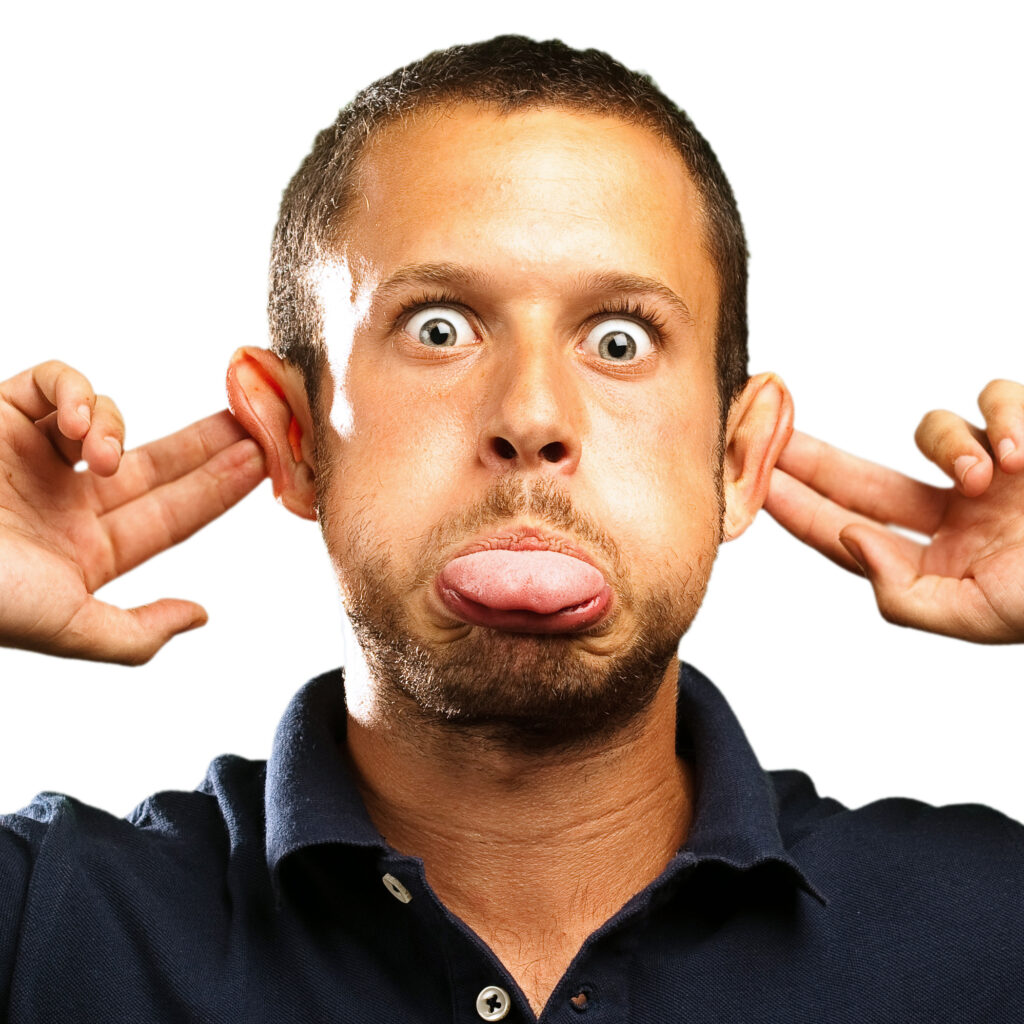Here are my two bits about comedy,
Comedy is a genre of fiction. Comedy is a humorous discourse. Comedy may or may not be acted out, and may or may not be theatrical but comedy has to be entertaining. That’s all comedy is, to its core.
Comedy
You’ve seen and heard stand-up artists, comics, feature-length films, short films, a wide variety of videos, theatre performances, your friend’s gossip, your father’s stories, your thoughts, and everything else that ever brought a smile to your face. So, you’re bound to be acquainted with what comedy is.
You most likely have some particular forms of comedy that you like, that resonate with you, and that you can’t help laughing at. The purpose of this article is not to tell you what comedy is since you already have your definition of it, most likely.
Instead, this article serves to defamiliarize and reintroduce you to the heart of comedy.
Why Should You Try to Understand Comedy?
You should try to understand, to feel the ‘comedy’ around you, so that you can use it to feel lighter, feel more alive, and feel a sense of joy in being a human.
-It is to make you understand how to be more self-aware and empathetic at the same time.
-It is to free you, from the confines of regurgitated thoughts and information that have come to define your perception and hence, color your sense of reality.
-It is to refamiliarize yourself, with the possibilities you hold within to express yourself, to the truly endless possibilities of seeing, understanding, interacting with, and enjoying life that lay before you.
-It is to make you understand that appreciating comedy is appreciating art, and appreciating art is appreciating and admiring life itself.
Freedom
First off, before beginning to learn to appreciate comedy and revel in the pure lightness of it, we should keep in mind that it is someone’s discourse, a form of their expression. If we censor, control, and unreasonably criticize someone else’s words, merely fueled by our differences and our inability to accept, appreciate, and understand, we are limiting their expression, limiting their freedom, and are in turn, creating boundaries for everyone else and ourselves.
These boundaries divide us further, limit our freedom, limit our expression, and replace the lightness and joy of experiencing life with a sense of caution and a feeling of fear. Therefore, we must learn to unlearn all our thoughts and ideas that haven’t been questioned in a long. We must remember to give freedom, to allow people to be what they want to be in their expression of themselves, to be able to get that freedom for ourselves, and to be able to nurture a safe space, a community that is driven by joy instead of conflict.
Empathy
Secondly, we must learn to cultivate our sense of empathy, put ourselves in others’ shoes and immerse ourselves in their stories, experience it all with a greater hilarity, and feel a more profound touch of humanity.
Only when we are empathetic can we derive amusement from anything, only when we let go of our staunch perceptions can we make space for more. Only when we open our minds can we open our choices and open ourselves to the freedom and joy that the world and society have to offer.
Three Centres of Comedy: Fiction, Discourse & Entertainment
Whether you want to express yourself with a touch of humor, spread around smiles and laughs as you pass by in people’s lives, or want to appreciate comedy to a greater extent and revel in the euphoria it brings, you should acquaint yourselves with these three fundamental blocks of comedy, that make it what it is.
Fiction
Comedy is partly fiction and partly real. It is truly based on fiction and fiction based on truth. It is a narrative that uses the foundation of reality to base itself. It is a story we collectively believe in and are required to believe in to find amusement. It uses form, structure, content, and rhythm in varying intensities to create an absurdity. It is unexpected, abrupt, and absurd. It is a sense based on nonsense and nonsense based on sense.
Did that make any sense? Well, this article isn’t meant to be comedic anyway. Without delving deeper into the essence of comedy, let’s get back to the point. Comedy has this inextricable element of fiction to it that we must recognize before looking at it. Therefore, we cannot let it replace discourse that has an intent and a purpose to it. In simpler words, we mustn’t take it literally and we mustn’t take it for reality, for otherwise, there’s no fun in it.
Discourse
This is the other aspect of the fiction element of comedy. Yes, comedy can be quick and absurd. It can merely be based on appearances and imitations. But unless it’s slapstick and lasts longer than a few seconds, it should contain some value to it.
Comedy, at the heart of it, is humorous discourse. If we remove the discourse from it, we are merely left with empty words and a sense of hollowness. If the discourse that the comedy is based upon is trivial, the discourse that’ll be carried through comedy would also be trivial. Therefore, the comedy would also turn easily forgettable, regardless of the laughs it aroused at the moment.
It doesn’t mean that comedy should only use serious or heavy topics. Instead, it means that the comic should try to make the discourse as relevant to his audience as possible. Of course, that depends on the purpose of the comic as well but it’s rarely the case that the comic is expressing himself for his amusement instead of the audience.
At the same time, it shouldn’t be afraid of approaching serious topics, worthy topics, topics that need attention, topics that serve a purpose, topics that aren’t talked about, and topics that hold and add value to the readers and listeners. Comedy is based upon discourse and the comic can use his power to carry discourse to an unimaginable extent.
Entertainment
The third wheel of comedy that I identified is well, entertainment. This should be obvious to all readers that the primary purpose of comedy is to entertain but what I’m talking about here is the ability to entertain and the ability to be entertained to a greater extent.
Any comic does his best to entertain his audience but not all audiences try their best to be entertained. A comic who has fixed perceptions, who isn’t open to entertaining discourse that doesn’t align with him, who isn’t free to understand his audience, and who isn’t free in his expression can only reach a limited audience and likely earn dissatisfaction of the rest. A comic who devotedly holds on to a particular narrative can only reach the ears and eyes of those that ascribe to that narrative. A comic who doesn’t make judgments earns fewer judgments and more appreciation. A comic who is set to entertain his audience might not reach everyone but will not attract the ire of those who were not entertained to their expectations. On the other hand, a comic who uses comedy to channel his narrative is more likely to be shooed off-stage instead of being given a chance.
Similarly, an audience that came to be entertained will be entertained regardless. An audience that enjoys more than it criticizes will always be more satisfied with its time and its comic. An audience that is open to experiencing, accepting, and appreciating the performances that it didn’t expect, that is, an empathetic audience, will always leave more fulfilled.
Comedy and Life
If you’re willing to be entertained, you should think less of the cause and effects of comedy and feel more of it at the moment. Just be there and accept the absurdity of it and you’ll soon find yourself laughing like a madman.
It’s kind of similar to life itself, isn’t it?
Comedy makes you feel light and when you’re lighter, you’re freer, more open, and more perceptive to it and so you feel even lighter, and before you know it, you feel a little content and all the happiness in the world is for yours to feel. At that moment, life is worth living, simply because you’re smiling.





